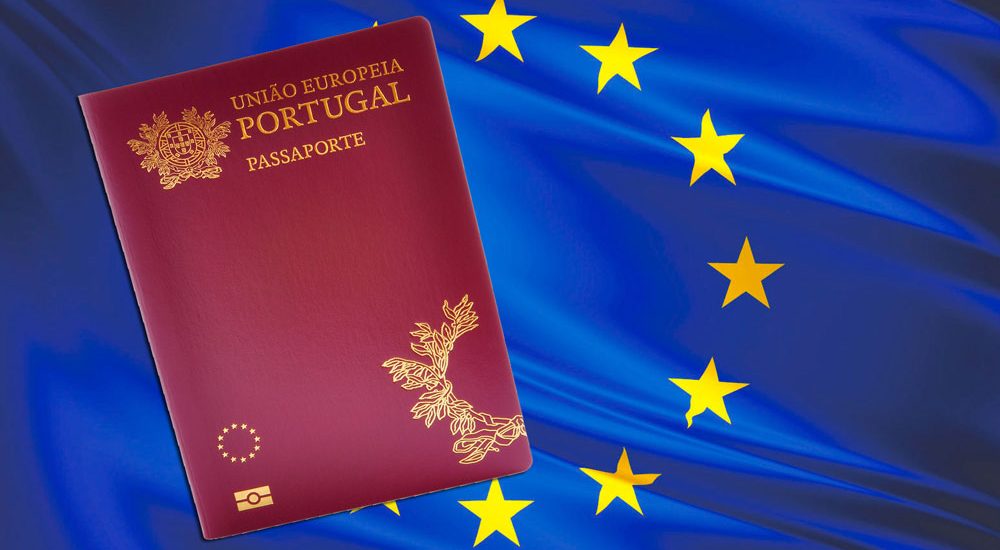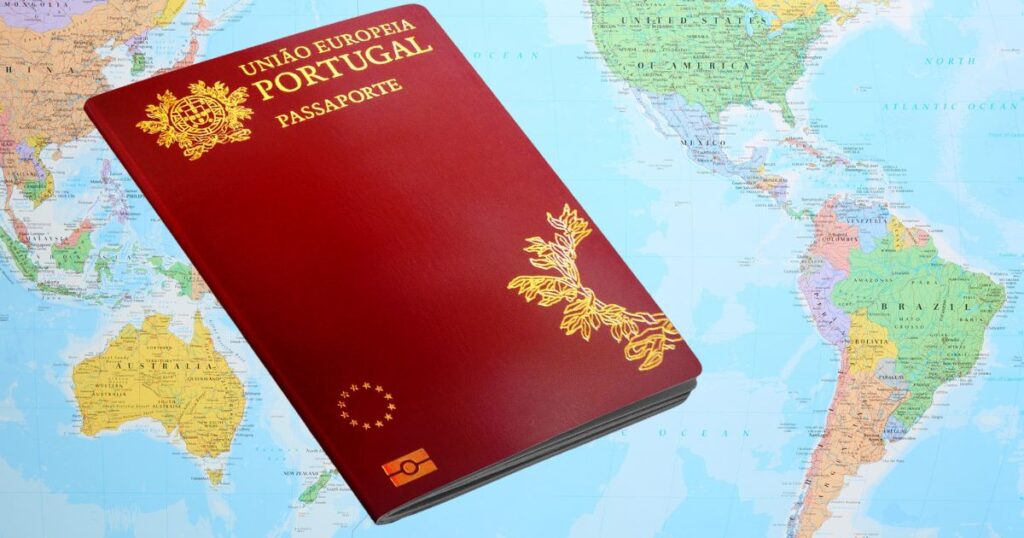Weakest citizenships are the ones that can be easily revoked anytime. Citizenship legislation is quite complicated and varies from one country to another, many countries have enacted laws to strip citizenship involved in terrorism, fraud or bringing disrepute to country.
For example British-born citizens can only be stripped of British citizenship if they have another nationality (dual nationals).
Weakest Citizenships
We classify the different forms of citizenship from strongest to weakest.
- Citizenship by blood (jus sanguinis)
- Citizenship by soil (jus soli)
- Citizenship by marriage (jus matrimonii)
- Citizenship by military service
- Citizenship by Naturalization
- Citizenship by investment
- Honorary citizenship
1. Citizenship by Blood
This type of citizenship that can be passed by blood through one of the parents, usually automatic. Some countries do limit the right to citizenship by descent to a certain number of generations born outside the state (eg. Canada, UK).
2. Citizenship by Soil
This type of citizenship is usually granted for born in the country soil. For example in United States, Canada, and many Latin American countries grant unconditional birthright citizenship.
3. Citizenship by Marriage
Almost all countries in the world offer citizenship through marriage for spouses and children. Children can gain citizenship if atleast one of the parents is a citizen by descent. Many countries have enacted laws to strip citizenship acquired fraudulently through sham marriages.
4. Citizenship by Military service
Serving in military or armed forces, is one of the easiest ways to become a new citizen. You have to not that some countries automatically revoke citizenship by serving in the foreign military. For example you may be eligible for US citizenship after serving just 1 year honorably in the armed forces.
5. Citizenship by Naturalization
Naturalization is the most common route to legally acquire second citizenship after legally living certain number of years in the state. Other conditions include knowledge of culture, language and integration.
The minister also holds the power to revoke naturalization at any time. It is also one of the weakest citizenship that exist and can be de-naturalized if found to be involved in fraud, terrorism or other cases.
6. Citizenship by investment
This type of citizenship is a paid citizenship acquired through investments (donation to a state or buying a property). This form of citizenship can be revoked anytime, if investments are maintained, wanted persons or involved in financial crimes. It is also a weakest form of citizenship.
7. Honorary Citizenship
Honorary citizenship is one of the weakest forms of citizenship that exist today. Honorary citizenship is not real citizenship, granted for political reasons, does not carry with it the rights and privileges of ordinary citizenship.
Honorary citizens do not get valid travel documents.
Honorary citizenships can be revoked or taken away by the council or parliament of state.
Loss of Citizenship
A EUDO study found the loss of citizenship occurs in the following ways in 33 European countries.
- Voluntary acquisition of another citizenship
- Residing abroad on a permanent basis
- Fraud in the naturalisation process, including sham marriages, or failure to give up the other citizenship in countries which require that as a condition of naturalisation
- Serving in a foreign military or foreign government
- Upon adoption by a foreign citizen, or other change in the child’s legal relation to the parents such as annulment of maternity/paternity
- For a minor, upon the loss of citizenship by the parents
- Failure to fulfill conditions, for example in Japan, where Japanese children born with an additional citizenship lose Japanese citizenship if they fail to give up the other citizenship before the age of 22
- Voluntary renunciation





